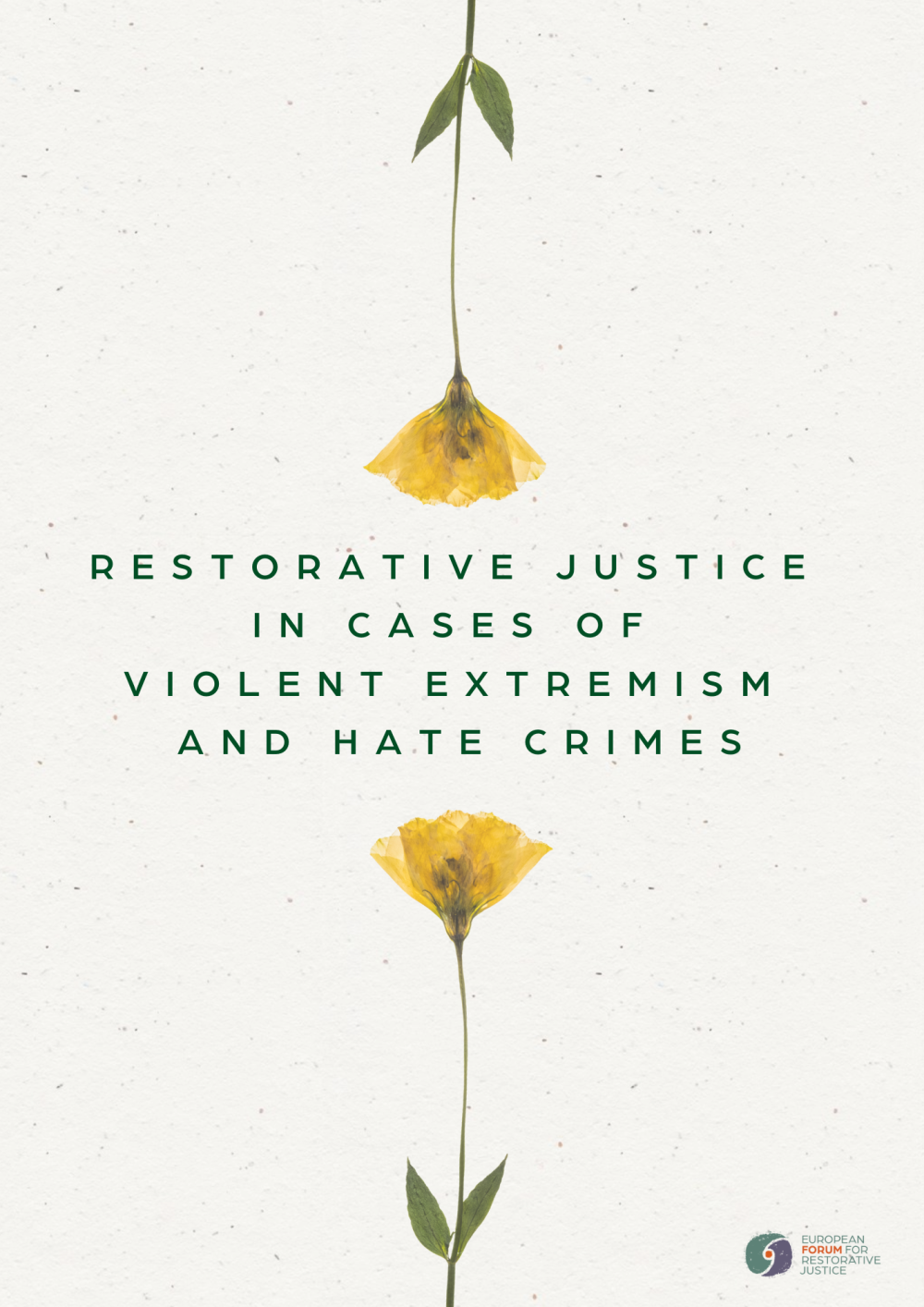
Participants are invited to read the two papers prior to the event, as only a brief introduction will be done before launching the Q&A session. While the Working Group on Violent Extremism is open to your feedback and questions, it would like to have your opinion and experience on some concrete questions such as:
- Are you aware of other restorative justice-oriented initiatives (beyond those presented in the two papers), existing in your country and/or beyond, in the field of restorative justice and violent extremism?
- If the papers should be revised, what would you add, edit or like that they should elaborate more on?
- What recommendation should the EFRJ prioritise and why?
- What training programme would be necessary for this field in terms of contents and format?


